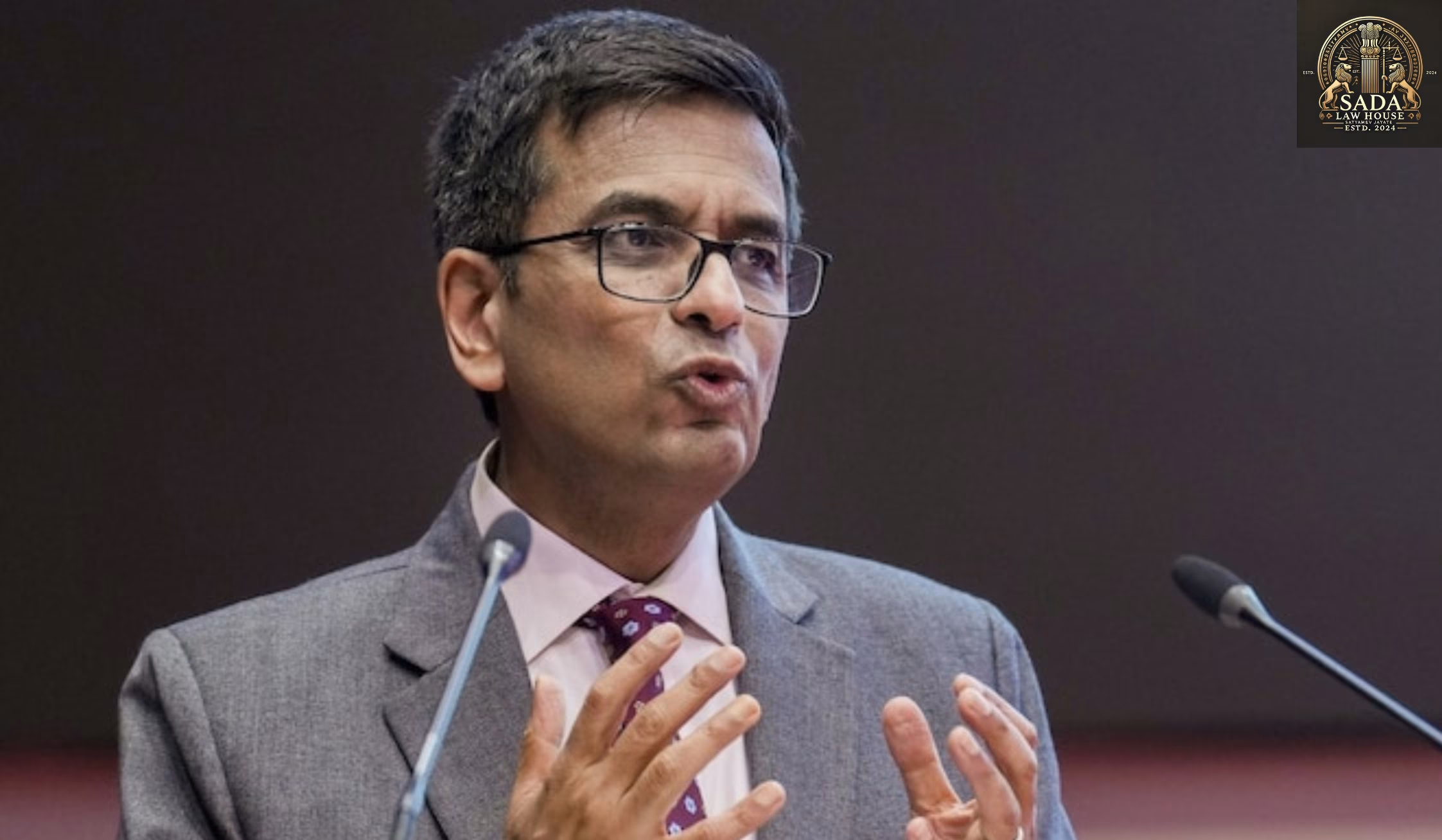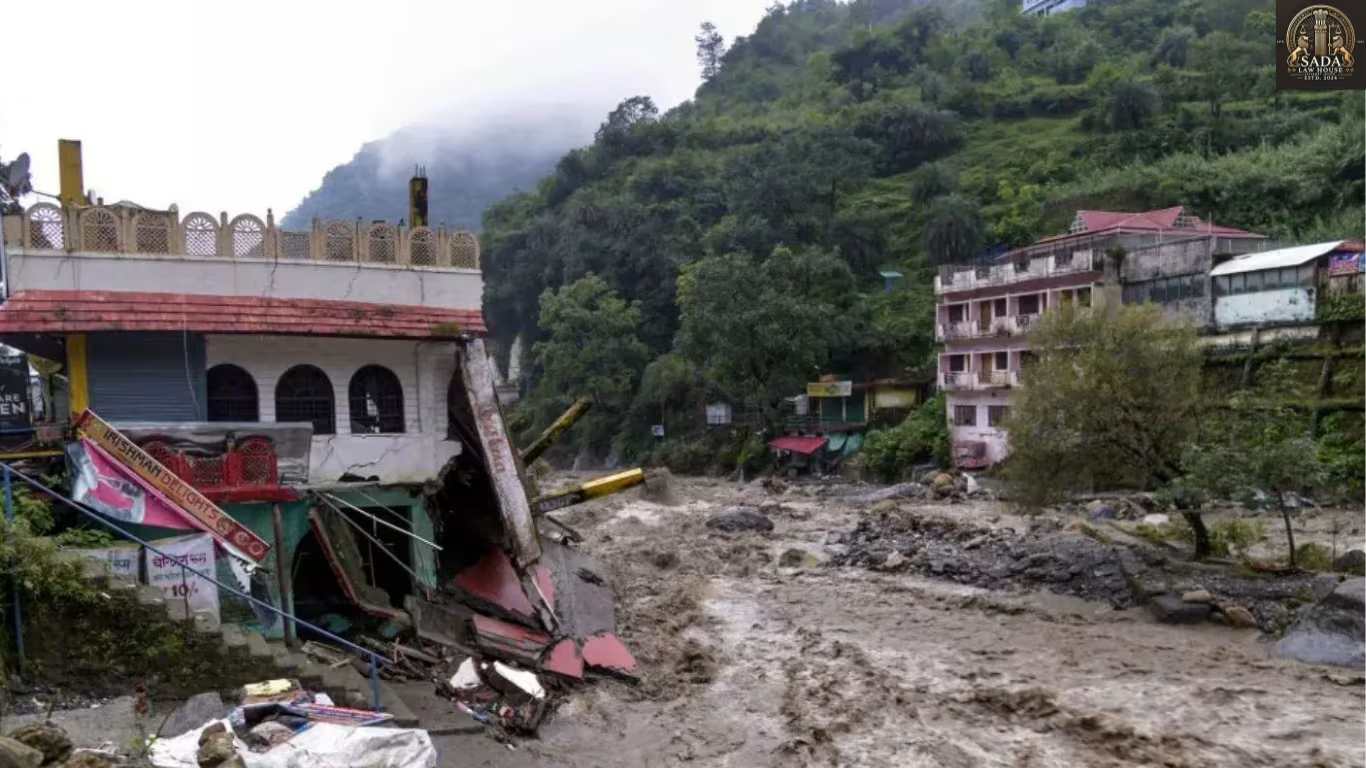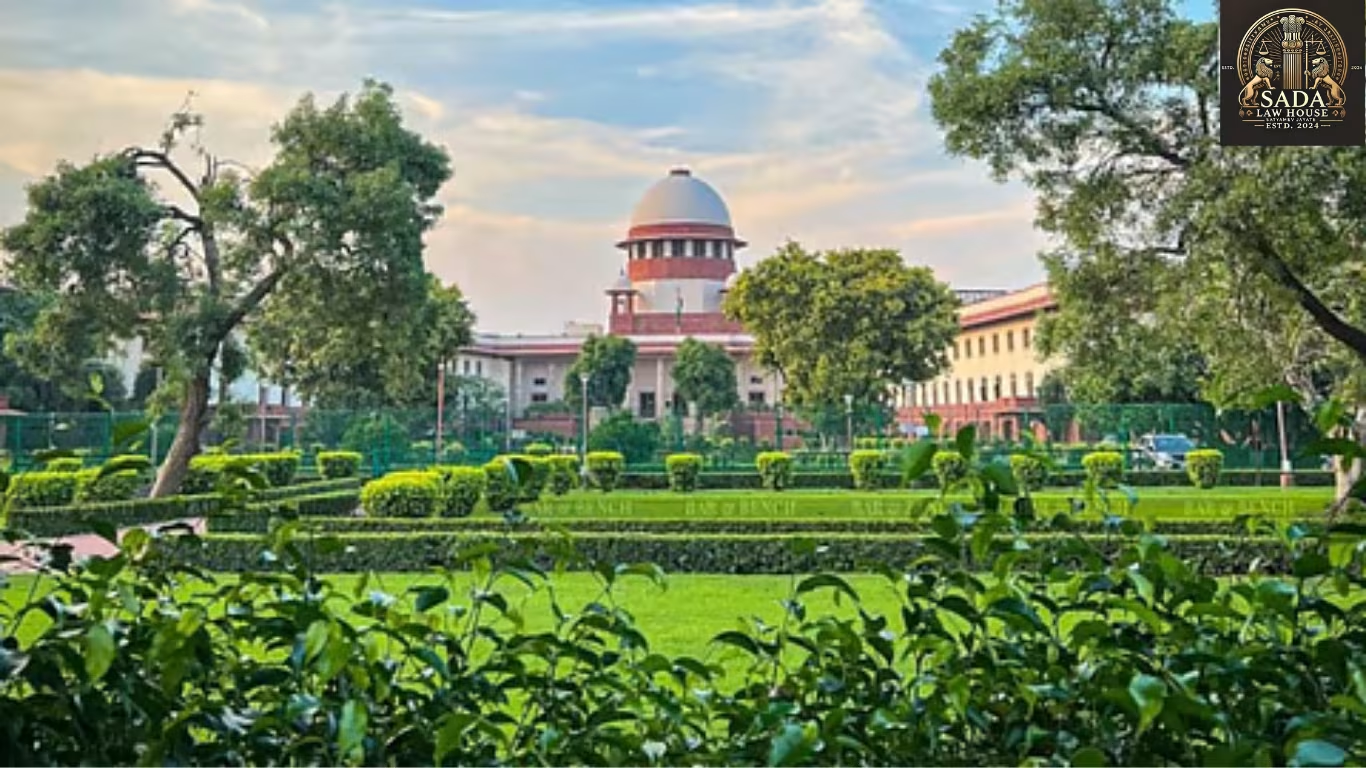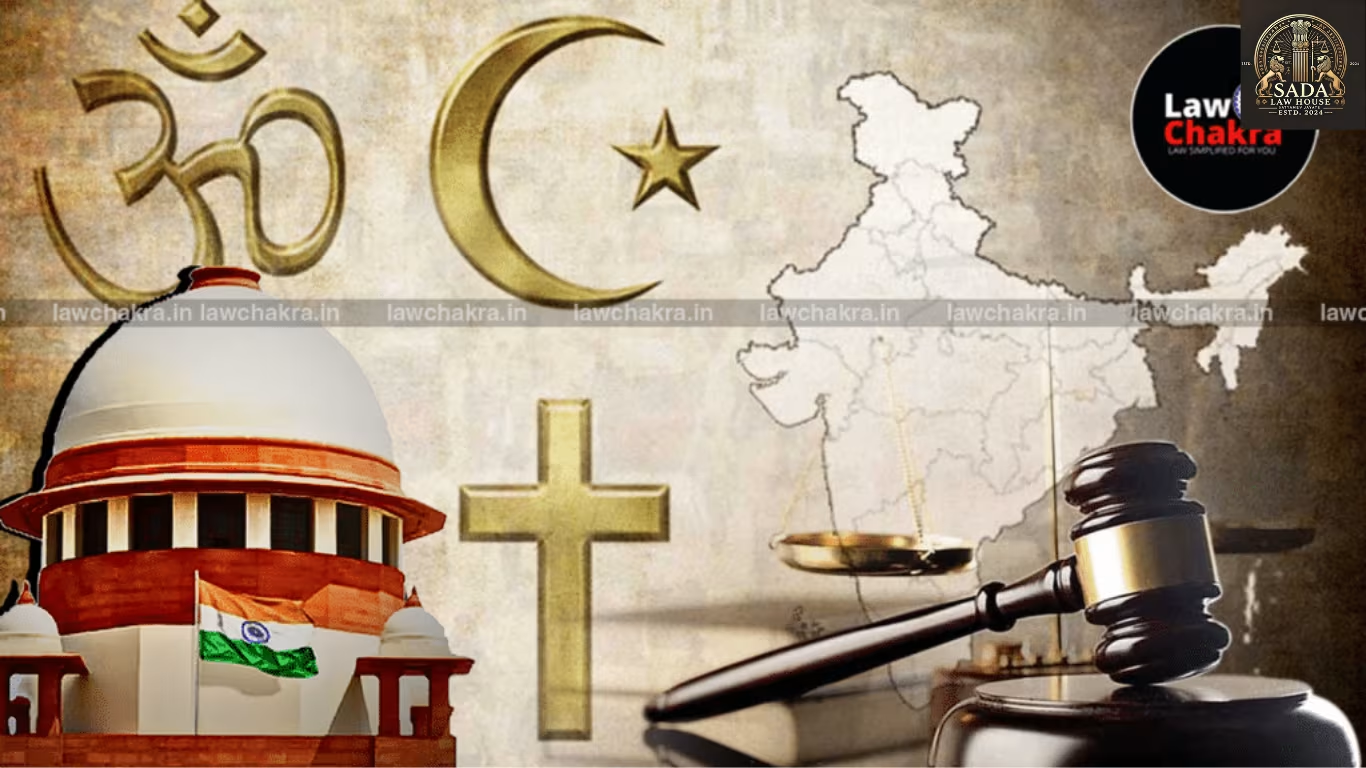President Approves Inquiry Into Former CJI DY Chandrachud Over Alleged Misuse of Power
- KASHISH JAHAN
- 16 June 2025

The President of India approves a historic inquiry into former Chief Justice D Y Chandrachud over allegations of power misuse. Explore its implications on judicial accountability, ethics, and India’s legal framework.
President of India Approves Inquiry Against Former Chief Justice D Y Chandrachud
In a groundbreaking and controversial move, the President of India has reportedly authorized an official inquiry into former Chief Justice of India Dr. D Y Chandrachud. This rare development has stirred intense national discourse around judicial accountability and the integrity of the Indian judiciary. The allegations concern the alleged misuse of administrative powers during his tenure, a matter that could significantly reshape discussions about ethics in India’s top courts.
Allegations Triggering National Attention
The complaint that led to this inquiry is centered around suspected abuse of authority in administrative decisions taken by the former CJI. While specific details remain undisclosed, sources claim the alleged irregularities may have impacted the overall judicial governance system in India. With the President’s nod, the matter now heads towards a potential investigation by the Central Bureau of Investigation (CBI), India’s top investigative agency.
Judicial Independence vs. Accountability: A Constitutional Dilemma
This situation raises pressing questions about the balance between judicial independence and constitutional accountability. India’s Constitution ensures protection for judicial officers, yet this incident highlights the need to scrutinize even the highest offices of justice. If the inquiry proceeds, it would mark the first time a former Chief Justice of India faces an officially sanctioned investigation of this nature — a landmark in the country’s legal history.
Implications for India’s Legal and Ethical Framework
Should the CBI or another authority initiate a formal probe, this case could set a powerful precedent for post-retirement judicial scrutiny. It challenges the effectiveness of existing constitutional safeguards meant to maintain the independence and dignity of the judiciary, while also ensuring justice is served when misconduct is suspected. The coming weeks may witness vigorous debates within the legal fraternity, with lasting impacts on judicial ethics and public trust in the justice system.
A Defining Moment for Judicial Transparency
This is a rare test of India’s judicial transparency and constitutional morality. As due process unfolds, maintaining fairness and respect for natural justice will be critical. The outcome of this case may not only determine Dr. Chandrachud’s legacy but also redefine the ethical standards and oversight mechanisms applied to India’s judiciary.
Live Cases






